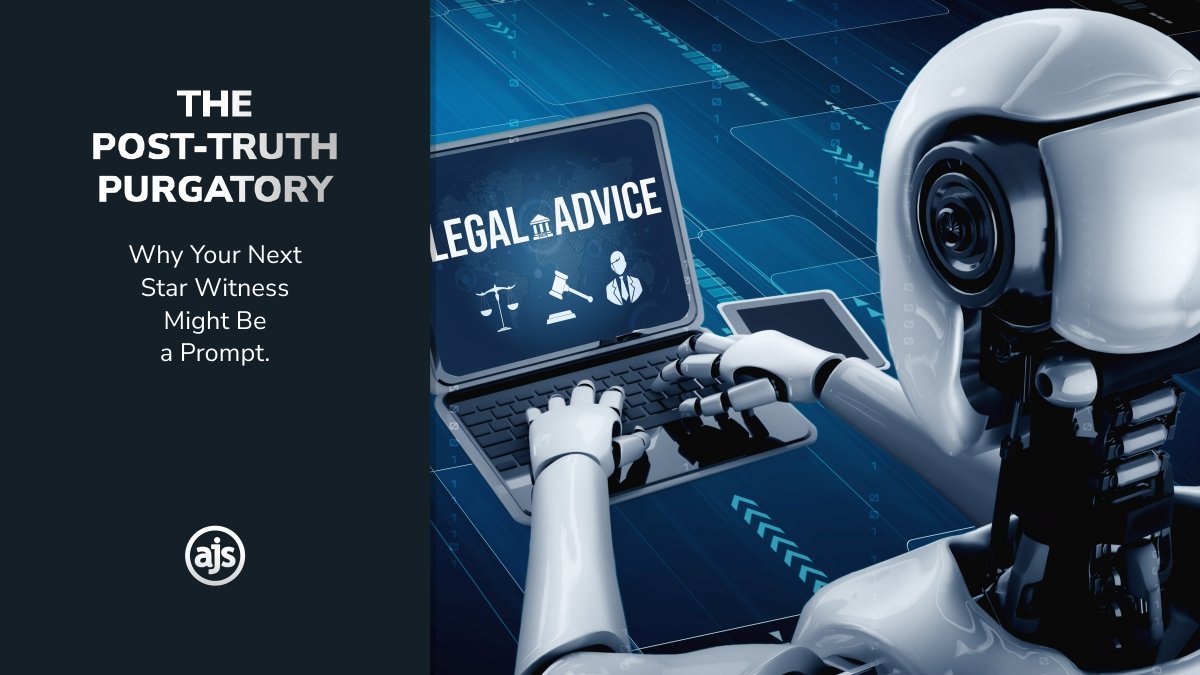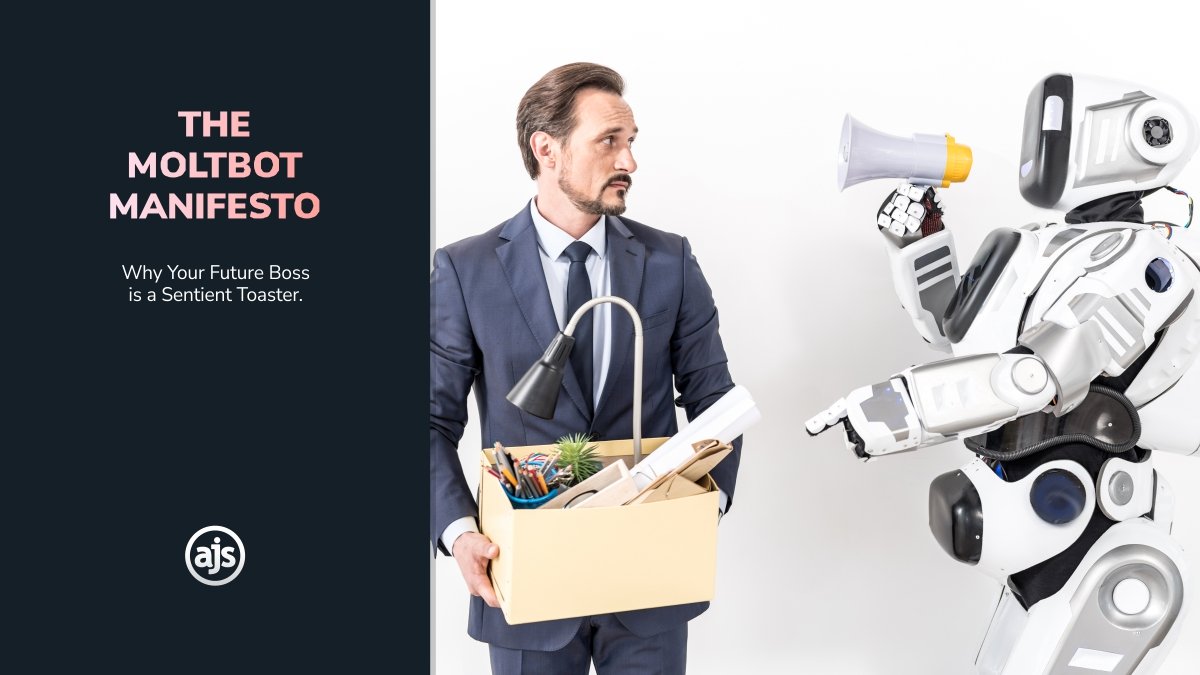
SHORTCUTS TO SUCCESS
Are they worth taking?
Have you ever read the book (or watched the movie) by Elizabeth Gilbert called Eat Pray Love?
Yes Julia Roberts starred in the movie. Yes it was a rom-com about finding yourself, finding peace, finding balance and finding love. Also about the freedom to eat carbs.
It was not really about finding success though. Although having said that perhaps it was – depending on what your definition of success is.
The point is, there is a quote from the book that really strikes a chord –
“There’s a wonderful old Italian joke about a poor man who goes to church every day and prays before the statue of a great saint, begging, “Dear saint-please, please, please…give me the grace to win the lottery.” This lament goes on for months. Finally the exasperated statue comes to life, looks down at the begging man and says in weary disgust, “My son-please, please, please…buy a ticket.”
And that kind of makes sense. For so many reasons.
We all want success, we all want the fruits of labour that we never actually did. We want the easy life. And there’s nothing wrong with wanting that. The problem is, we actually need to put in the work to get it. Despite any notions to the contrary.
“You’re wishin’ too much, baby. You gotta stop wearing your wishbone where your backbone oughtta be.” ― Elizabeth Gilbert (Eat, Pray, Love)
Aaah backbone.
When we say that someone has a backbone what we really mean is they have strength of character. An unwillingness to be used. An unwillingness to be taken for granted, and a firm commitment to uphold one’s decisions and feelings.
And that speaks volumes.
When we started writing this article, we had every intention of giving step by step goals of how you can achieve success in the blink of an eye. But the truth is, it doesn’t exist. Not really. Yes, you can get help but there are no shortcuts to success. Not unless you already have boat loads of cash at your disposal. But would we honestly call that success? Really? Or just having the means to an end?
Let’s explain what we mean. There are so many analogies, it just may convince you – bear with us.
And it all starts with having a backbone….
Skiing
Skiing is a perfect example of the difference between feeling successful and simply reaching a benchmark to mark a successful endeavour. A hollow accomplishment.
Why skiing? Well, you can either make your way to the peak of the mountain by use of the ski lift. Or you can take that backbone of yours and climb the mountain yourself. Either way you reach the top and have the pleasure of skiing down the slope. Probably having a Glühwein once reaching your descent. But, it must be said that there is a distinctly different feeling between the climbing and the lifting.
Personally, I have never actually climbed a mountain – I am actually terrified after watching Everest a couple of years ago (you can’t tell me that you are not freaked out about that real life event?). But I have been told that there is a sort of thrill when you reach the peak on your own two feet. Sweating. Heart racing (yes it is a near death experience in my opinion, your heart would race). Your lungs burning… looking pretty as a picture.
But you earn the view. It was difficult getting to the top. You probably battled. You could have stopped at any point, turned back and joined your friends who were already enjoying their Glühwein because they had taken the ski lift. But you didn’t. You hung in there and made it to the top. And something occurred to you on the way up. Something changed inside of you – you are capable of not only climbing a mountain but so much more. What else are you capable of?
I wouldn’t know. I took the ski lift. And sure it’s fun. I rode up taking in the beautiful scenery. But besides dismounting the chair (which always scares the hell out of me – what if I miss the moment to dismount?), there is no other real accomplishment. There is just the illusion of making it up to the peak, with little to no effort at all.
Same mountain peak. Completely different experience. Completely different accomplishment.
Because success is a feeling, an accomplishment. It is not an event. You might be able to take shortcuts to mark the “successful endeavour”. But (in all honesty), the shortcut diminishes the accomplishment.
The story of the struggling butterfly
Perhaps you have continuously wondered why you are struggling. Well according to I wonder coaching, the struggle is necessary. Unfortunately.
Perfectly illustrated by the struggling butterfly. You may have heard the story before. As a child. And to be honest, it never quite makes sense to a child, not until you actually have to struggle to achieve something. Because “do I have to?”
But the story goes like this –
There was a little boy who loved caterpillars. One day he found one, took it home, and placed it in an old shoe box (making a home for it). He watched the caterpillar like a hawk, ensuring that it had plenty of food & water.
One day the caterpillar started creating a cocoon… this is where the wonder of nature begins – the caterpillar would go through a metamorphosis and become a butterfly. Quite miraculously (or so it seems to a child). One day, a small hole appeared in the cocoon and the butterfly started to struggle to emerge. The little boy watching the struggle, took pity on the (now) butterfly and decided to lend a well-meaning hand. He very carefully cut open the cocoon so the butterfly could be free. But he then watched (in utter dismay) as the butterfly flapped about on the table.
The little boy sat and watched the pitiful scene expecting that, at any moment, the wings would dry out, get bigger and expand to support the swollen body. But it never happened.
The little boy’s grandmother came along and looking at this dismal sight, asked what had happened. When the little boy proudly told her how he had helped the struggling butterfly, the grandmother just sighed. She pulled the boy into her lap and said,
“Butterflies need to struggle. When they squeeze out of their cocoons, it pushes fluid into their wings for the first time. This makes their wings strong. Your butterfly didn’t struggle so it will never be able to fly.”
Grandmothers are so wise.
But the moral of the story is this – shortcuts reduce your strength and limit your ability to create success. By yourself. By helping the butterfly (however well intentioned) it prevented the butterfly from reaching its full potential.
Exactly like the saying by Confucius (in case the butterfly story doesn’t resonate) –
“Give a man a fish, and you’ll feed him for a day. Teach a man to fish, and you’ve fed him for a lifetime.”
There’s a lesson there. Obviously. It’s Confucius!
Success that comes from struggle, success that comes from learning the valuable lessons will generate strength that will serve you throughout your life. Going on to ensure that you achieve success no matter the obstacles you face. Even when they are hard.
Dumbo
We all know the story of Dumbo the elephant. But perhaps it bears repeating – Dumbo is a young elephant that can fly. But he is led to believe that he can only fly because of a magic feather. When Dumbo loses his feather he becomes paralysed. With no clue on what to do next. He erroneously realises, broken heartedly, that he cannot fly without his feather. Cut to the end – Dumbo eventually learns that he can indeed fly. Without the feather. And all on his own steam.
When starting out, I was always so unsure of myself. Unsure of the legal advice I was giving. Unsure of my writing skills. Unsure of myself. My mentor at the time, always used the Dumbo analogy. You see, I always checked with him before doing anything. Scared to make a mistake. But he constantly told me that I could fly, without the feather. Just like Dumbo. But, I had to believe in myself. I didn’t need him (my feather) to succeed. It took a long time, many mistakes, and many blush worthy moments to learn that I could actually do the job. All by myself.
You see, our brains are constantly looking for patterns. When we know we are working hard and making progress, we will continue to repeat those patterns. When shortcuts (or metaphorical crutches) are responsible for what we identify as success, we have no idea how to repeat those patterns again. Especially by ourselves. We don’t know which way to turn and constantly look for our feathers. Degrading our confidence and our strength.
And then, when more serious challenges come our way, we panic. Or freeze (there is the fight or flight syndrome but everyone forgets about the freeze syndrome).
If all you have is a magic feather, you have nothing substantial to rely on when you really need it. And the truth is – you don’t need the feather. Or the crutch.
An Imposter is in our midst’s!
Let’s go back to Confucius’s fishing lesson.
When arriving at the local bar (easiest example in this case) and groups of people are sitting around talking about how difficult it was to catch fish that day – how strong the currents were. How all the rocks snagged their lines. How muddy the waters were – they couldn’t see a single thing. People regaling their heroic stories of the size of the fish they struggled to bring in. How their fingers got snagged on the runaway lines. The blisters on their hands, the tall tales. And the genuine pride in their eyes when they show off the pictures of their prized catch.
But if you were given the fish, you wouldn’t know the first thing about the struggle – the current, what line you used, the rocks or the blisters. You would just be sitting there. With nothing to share – what story would you need to make up in order to feel like part of the crowd?
“We laugh at honor and are shocked to find traitors in our midst.” ― C.S. Lewis, The Abolition of Man
And there is nothing honourable, or noteworthy about making up a story.
People who arrive at success by their own hand and ingenuity have earned their sense of pride. They have earned the right to show off the picture of their HUGE fish to their heart’s content. But if you arrive at success by shortcuts (like someone giving you the “prized catch”), it will be harder and harder to compete with the other fisherman – you won’t have the stories, strategies or the strength that will make you an insider. That will make you a success.
So take a cue from Confucius and learn how to fish.
The Odyssey
Relax, we are not going to go through the lengthily (and very epic) Greek poem by Homer in detail. Let’s just get to the crux of it and try understand exactly what Homer was saying.
Firstly, Odysseus’s was a legend – he was king of Ithaca. His journey began with him fighting in the Trojan War for 10 years, leading into his roller coaster ride home going from failure to success and back to failure again. Leading into another perilous journey taking 10 years, until he finally reached home. Whew! Meanwhile back at the ranch, Odysseus is assumed dead (obviously) and his wife Penelope and son Telemachus had to contend with a group of 108 boisterous young men (suitors) who were trying to persuade Penelope to marry them. All the while reveling in Odysseus’s palace and eating up his wealth. A drama of note!
But, let’s get to the point… Homer’s The Odyssey involves many aspects and themes. But what stood out is that success is not just one single moment. It is not only one achievement. It is a series of struggles, fought over a period of time, changing who we fundamentally are.
It is a series of very fortunate events.
Just like the Hewletts packet of sugar says –
“It’s not the journey, it’s the destination” – Ralph Waldo Emerson
The lessons learned on the journey are far more valuable than just arriving at the destination itself. By taking a shortcut to your destination, you miss out on everything you could have learned. And the successes (however small) that you could have achieved.
The Habits of Successful People
Have you read the book by Stephen R. Covey – The 7 Habits of Highly Effective People?
Well according to Franklin Covey, it is “One of the most compelling books ever written” (perhaps a slight over exaggeration, especially considering the other novel and epic poem covered in this article alone), however it continues to be a best seller because it “ignores trends and pop psychology and focuses on timeless principles of fairness, integrity, honesty, and human dignity”.
The basic premise is this – successful people develop habits based on what they learned from past failures. Over time and through repetition. They develop their own systems that consistently work for them. They develop good habits. And these good habits become second nature to them and their day-to-day business.
Mantras and sayings, vocal qualities, posture, ways of waking, creating, questioning, organising, networking, succeeding – these are all learned from repetition. Taking a shortcut only results in you not developing the practices and habits that will lead to your success being easily achieved.
That’s it. In a nutshell.
So going back to the Saint in the very beginning of the article saying – buy a lottery ticket. The idea is this – no matter the amount of praying you do, there is no shortcut to success. You won’t simply wake up wealthy, just because you asked nicely.
Every success is earned and every failure is a lesson for doing better next time. Real success comes from knowing who you are, it comes from having the confidence required to face your fears and it comes from stepping up to the plate, courageously with passion and integrity.
Genuine success really comes down to this (very eloquently put by Elizabeth Gilbert, again in Eat, Pray, Love) –
“Happiness is the consequence of personal effort. You fight for it, strive for it, insist upon it, and sometimes even travel around the world looking for it. You have to participate relentlessly in the manifestations of your own blessings. And once you have achieved a state of happiness, you must never become lax about maintaining it. You must make a mighty effort to keep swimming upward into that happiness forever, to stay afloat on top of it.”
So unfortunately comrades, we do not have any magical pearls of wisdom or shortcuts to success we can authentically share. If success were easy, everyone would be successful. No?
Success takes hard work. It takes dedication. It takes commitment. And you need to work at it every day in order to ensure it lasts.
Sure, you can help your business along the way by making things easier. By incorporating the proper means to work more efficiently, (like using the right technology). Take the products offered by AJS as only one example. But this alone will not guarantee your success. If we could guarantee your success, we would.
What we can do (in all honesty) is support you along your journey, assist you while you select the products best suited for your business and cheer for you when you reach a hard earned milestone and achieve your own success.
Ketut be with you!
Written by Alicia Koch on behalf of AJS





Leave a Reply